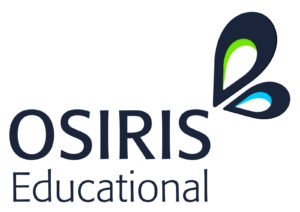Having a blog column can be immensely fun and frustrating. Looking to the horizon and delving into the appearance of new research can be worthwhile.
I get very frustrated with the ongoing dalliances involving curriculum, behaviour and teaching.
They have points of interest but it’s a bit like going to a football game and discussing the kits the players are wearing.
We know from all the evidence that the single most important factor in achievement is prior learning. We know that teaching, parents, leaders and peers all have parts to play (especially teachers). Yet how often do we see proxies to learning emphasised that have barely any relevance to progress. Let’s slaughter a few sacred calves…

Stephen Cox
Stephen founded Osiris Educational in 1997 to provide pioneering solutions for teachers. He believes that learners deserve a great start in life and that this is achieved through an unrelenting focus on the impact of teaching and learning.
Growth Mindsets
Important to know, hard to catch, even more difficult to systematically develop. At its best it gives you the oomph to tackle those challenges at most adversity. But as Carol Dweck herself says, ‘Having a growth mindset is one of the most fixed mindsets there is.’ And I’m not arguing with her.
Mindfulness
Dangerous in the wrong hands. Great idea but how about mind emptiness? Some of the research around mindfulness is showing that poorly implemented (which it almost always is) can lead to negative consequences. These include over-emphasising present perceived problems, such as anxiety and stress.
Testing
We know that tests routines improve both exam preparation and recall. The problem is they can also induce boredom and teaching to the test. The backwash all too often outweighs the gains. Not to be overused. The effect size of boredom is -0.49.
Knowledge Organisers
Sound great in practice. Give the impression of stored learning. In reality most are nothing but exercise books. Handle with care. It what gets stored in a retrievable way in the learner’s head that counts and not paper proxies.
NLEs
National Leaders in Education are honorary positions given to ‘experts.’ These are most usually head teachers of high performing schools. Whilst it is difficult to generalise, be careful. They are called ex, because they used to and spurts because they like to go on about things…. Especially doing it their way. The jury is very much out on such amateur advice giving as a process. See the Ofsted report on stuck schools before you consult one.
Ofsted
Ofsted have very sharp teeth. Their inspectors are good at what they do. Unfortunately, what they are asked to do is not always the right thing. Graded lesson observations, triple marking, three-part lessons, judging the quality of the curriculum. Their evidence base comes largely from their internal bias towards behavioural psychology. Each iteration causes a lurch across the bows as we run to rebalance the ship according to the latest interpretation of what is right for schools. Will this incarnation prove to be their last?
Leadership Programmes
If ever there was a snake oil prescription these are them. Not one has any semblance of evidence to support significant or sustained impact on the improvement of learning in schools. Not any one from anywhere in the world. Substantive evidence proves that most leaders work on a best endeavours basis. Some have better endeavours and mental models than others. Some have better social sensitivity. Those with both are fabulous.
Middle Leadership
Leading from the middle has been the rallying cry from academics for some 10 years. What exactly does it mean? The harsh reality is that most middle leaders are squeezed between accountability, administration, teaching and being told what to do. Consequently, they run around stressed trying to duck the next initiative.
Strategies
The plural of strategy is a misnomer, dreamt up by someone trying to confuse people. Strategy in the singular is a shared sense of direction and alignment communicated with clarity. The best can be expressed in a couple of words. Vision statements, school improvement plans, initiatives and aims are not strategies and should never be confused. Keep it simple or it is not strategy. The litmus test is usually the number of words taken to convey the strategy. Rule of thumb, the more and the more complex the less clear and actionable.
Neuroscience
Whilst it exists it has so little to yet teach us about learning and child development that it is best confined to the isolations ward. Hear Neuroscience, think Neurotrash.
Artificial Intelligence
Artificial Intelligence has many years to go to find relevance in education. It’s the new kid on the block, all bright and sexy. The previous seven generations of Ed Tech were heralded with similar fanfare and at great expense. Each fell flat before the alter of impact on learning. It’s a basic test. Does Ed Tech ever deliver more than one year’s growth for one year’s input? Not yet.
Evidence-Based
Research is to schools as user manuals are to cars. They are technically right, useful when something is broke, but they are not part of standard operating procedures for teachers. Please please, please, let teachers and schools become evaluators of their own practice and not engage with the pseudo-science of educational research. It has its place. Leave it to the specialists and concentrate on proper gains. Even notaries such as Dylan Wiliam has questioned the base of his research.


